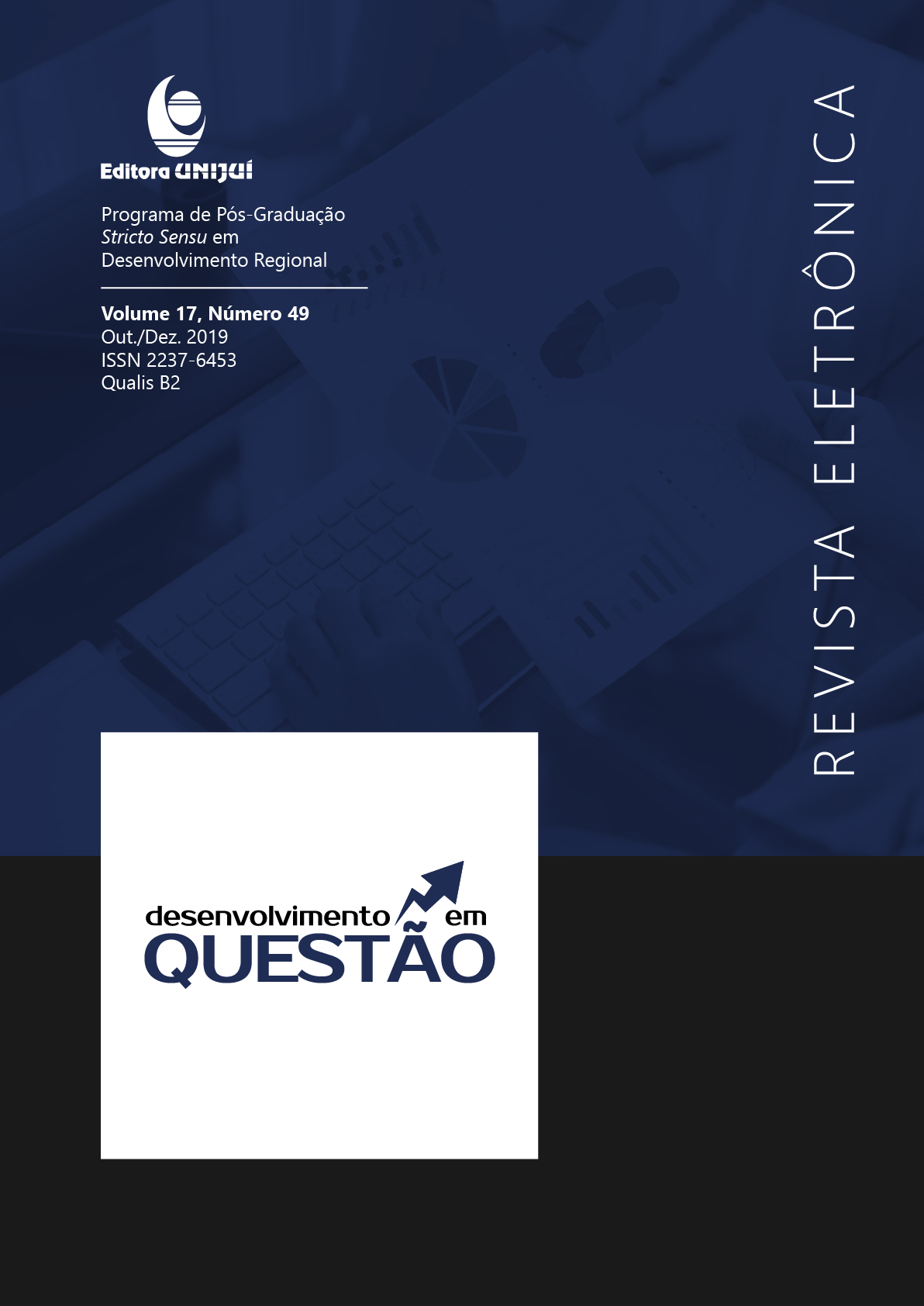The Use of the TOWS Matrix for Analysis of Sustainable Strategies in Cooperatives
DOI:
https://doi.org/10.21527/2237-6453.2019.49.309-328Keywords:
Sustainability; Cooperatives; TOWS Matrix; Strategy.Abstract
This paper aims to analyze sustainability strategies in cooperatives seeking to evaluate organizations that are not in beginning process and without restrict the emphasis in economic, social and environmental dimensions of sustainability. For this, the TOWS Matrix, that is usually used to define organizational strategies, was adapted as a mechanism for analyzing the cooperative strategies, incorporating territorial and political dimensions of sustainability. Interviews were conducted with managers and members of five organizations located in the Brazilian state of Rondônia, which are linked to the agricultural sector. Through application of the adapted matrix, the joint sale of the products, the purchase of inputs and other items by the producers directly by the cooperatives are evidenced, which allows them to price and term better than those found in the market. However, some difficulties were identified in organizations, such as function overload in cooperatives management.
Downloads
Published
How to Cite
Issue
Section
License
By publishing in Revista Desenvolvimento em Questão, authors agree to the following terms:
All works are published under the Creative Commons Attribution 4.0 International License (CC BY 4.0), which allows:
Sharing — to copy and redistribute the material in any medium or format;
Adaptation — to remix, transform, and build upon the material for any purpose, even commercially.
These permissions are irrevocable, provided that the following terms are respected:
Attribution — authors must be properly credited, a link to the license must be provided, and any changes made must be indicated.
No additional restrictions — no legal or technological measures may be applied that legally restrict others from doing anything the license permits.
Notices:
The license does not apply to elements that are in the public domain or covered by legal exceptions.
The license does not grant all necessary rights for specific uses (e.g., image rights, privacy, or moral rights).
The journal is not responsible for the opinions expressed in the articles, which are the sole responsibility of the authors. The Editor, with the support of the Editorial Board, reserves the right to suggest or request modifications when necessary.
Only original scientific articles presenting research results of interest that have not been previously published or simultaneously submitted to another journal with the same purpose will be accepted.
Mentions of trademarks or specific products are intended solely for identification purposes and do not imply any promotional relationship by the authors or the journal.
License Agreement (for articles published from 2025 onward): Authors retain the copyright to their article and grant Revista Desenvolvimento em Questão the right of first publication.











